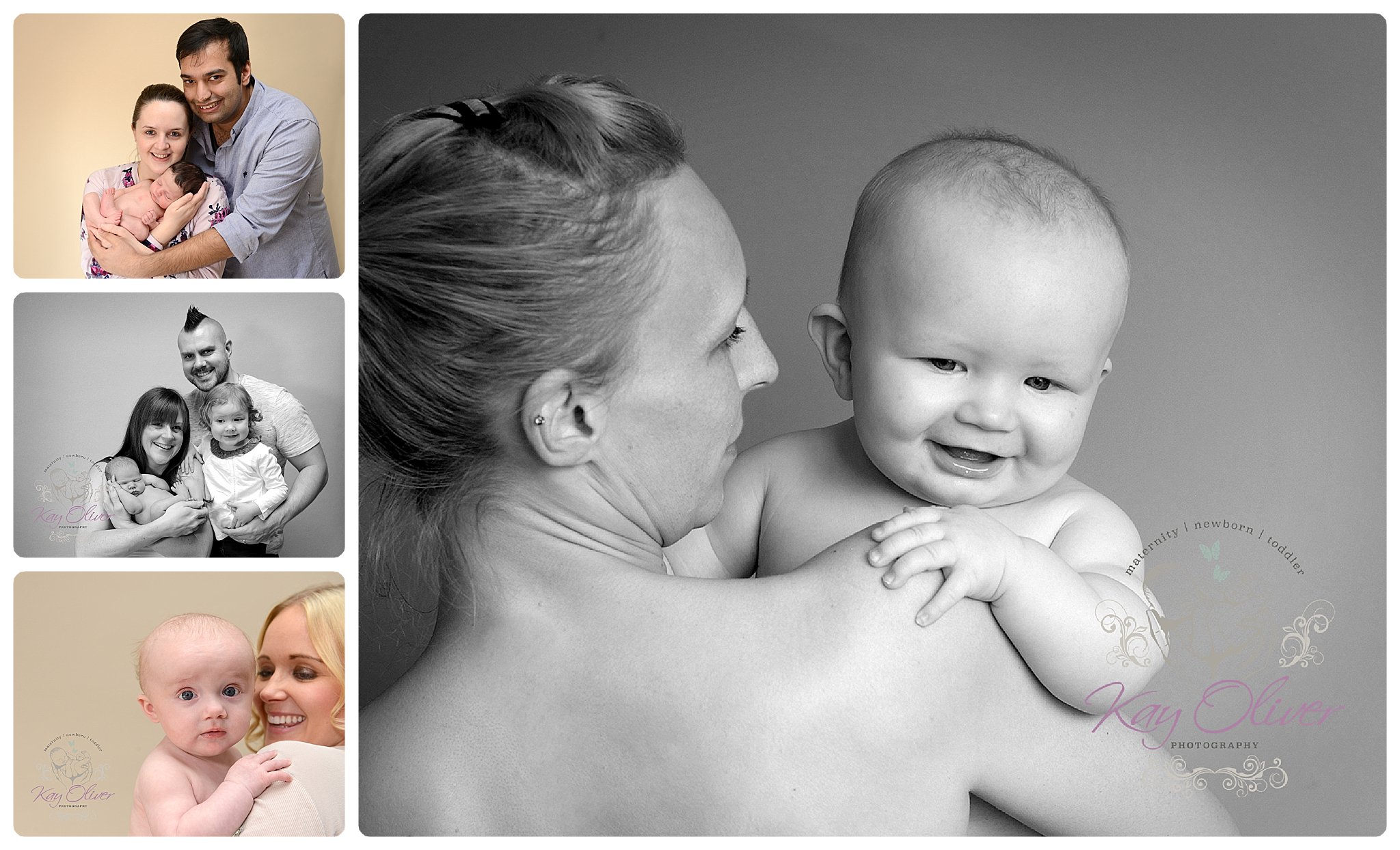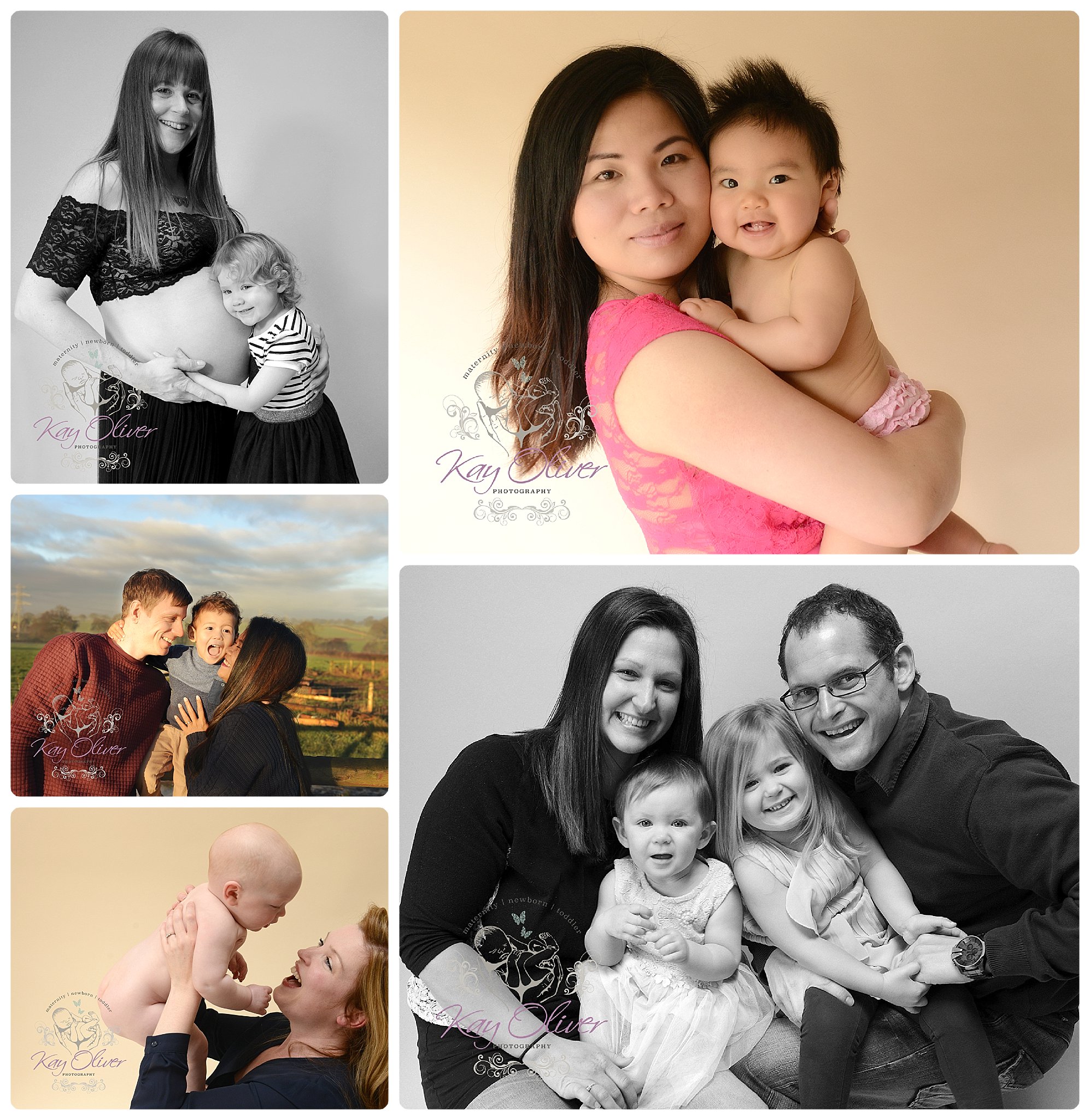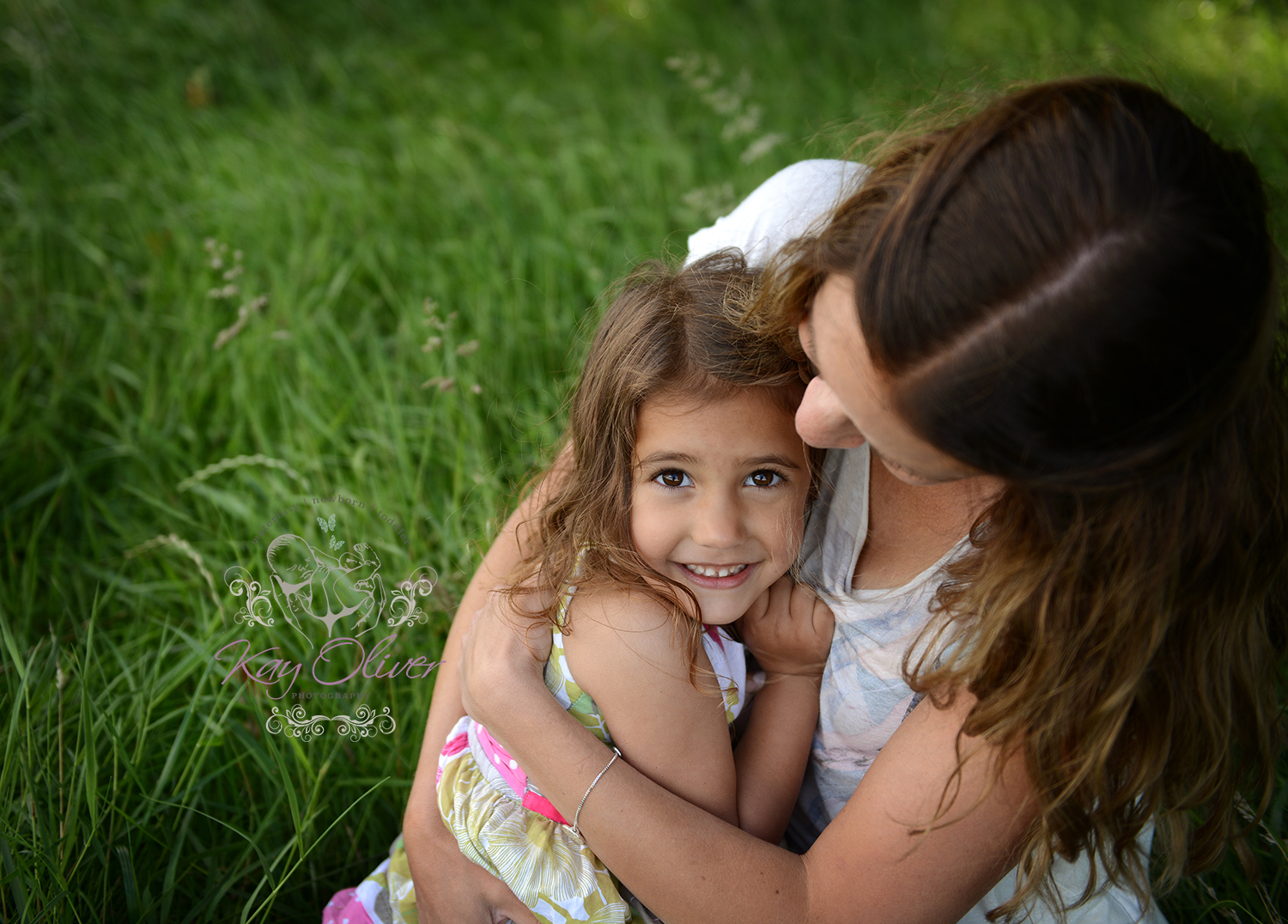It’s nice to be needed … but when that need is constant and baby cries the second you leave the room it can be exhausting. You might feel guilty for wanting time to yourself or to do other things; you might feel upset by hearing them cry out for you; you might feel resentful that they’re so clingy; you might feel bad for your partner or other family members if baby seems to ‘prefer’ to be with you over them. All of these feelings are quite natural reactions to your baby’s separation anxiety – which, in itself, is a very normal phase of their emotional development.
Although each baby has a different personality, it’s very common for them to experience separation anxiety to some degree, usually at around 8 months old (although it can start earlier or later); it can occur up until the age of two, or over. While some babies only suffer minor anxiety, others can feel it very acutely.

Separation anxiety happens ‘when babies start to understand that things and people exist even when they’re not present – a concept called object permanence.’ (www.babycentre.com). By this age, baby has developed a strong bond with you and other primary caregivers and when you disappear from sight they know you’ve gone, they know you still exist somewhere, but they don’t know when or if you’re going to return – this can make them feel very panicky and upset.
So, how can you cope with this phase?
Unfortunately, this developmental phase often coincides with a time when you’re returning to work and trying to establish a new childcare routine. It’s a difficult time anyway, so the guilt that you feel when your baby’s crying for you as you leave can be heart-breaking. Separation anxiety can also occur at night time (again, often this phase coincides with a time when babies are moved into their own room at night), which is difficult, not to mention exhausting, for all involved.
- While it’s tempting to avoid separation and therefore any cause for upset, it is inevitable – you can’t be together 24/7 so, even if you’re not returning to work, it’s useful to practice small periods of separation to get baby used to the fact that when you go, you will undoubtedly return.
- It’s easier said than done, but try not to let yourself get stressed and anxious about it. Babies pick up on your emotions so if you’re becoming anxious the chances are, they will too. Try to keep the time prior to your separation as light-hearted as possible – and, if you can, try not to leave at a time when they’re hungry or tired as their emotions will already be heightened.
- Say goodbye, but don’t prolong it. Make sure baby knows you’re going – just sneaking off could make them more anxious that you’re likely to disappear at any moment! However, try to keep your goodbye quick and casual. Give them a hug and a kiss and tell them you’ll be back soon – and if you hear them crying as you leave, resist the temptation to go back.
- Try to use the same babysitter or small group of trusted people to look after your baby so that they don’t have to get used to a number of different faces and routines. Let them get to know this person/people/new environment with you there at first before they’re left alone with them. It can also help to leave them with a familiar teddy, toy or blanket that will give added reassurance.
- Stay strong and keep at it! Although it’s hard, keep leaving your baby for short periods and then increase the length of time that you’re away. Once they get used to the fact that you always come back, they will begin to accept and feel more secure with the situation.
- For night time separation anxiety, try to establish a relaxing but predictable routine so they know what’s coming. Be calm and reassuring, say goodnight and leave the room – don’t sneak away when they’ve closed their eyes as this will only add to their uncertainty.

Remember, even though it can be really distressing, learning that other people can care for them and that you will always return is an important part of baby’s development. It’s not an easy phase but you will come through it and you and baby will both be happier in having gained a little independence… and you can both look forward to a wonderful big hug on your return!
Has your baby suffered with separation anxiety? How did this affect you/your partner/your life? Did you develop strategies to help you all deal with this phase? We’d love to hear from you!

